Curtain up: The Bridge Theatre opens its doors
Co-founder Nick Starr describes the concept behind the first commercial theatre of scale to be added to London’s stock in 80 years
A free daily email with the biggest news stories of the day – and the best features from TheWeek.com
You are now subscribed
Your newsletter sign-up was successful
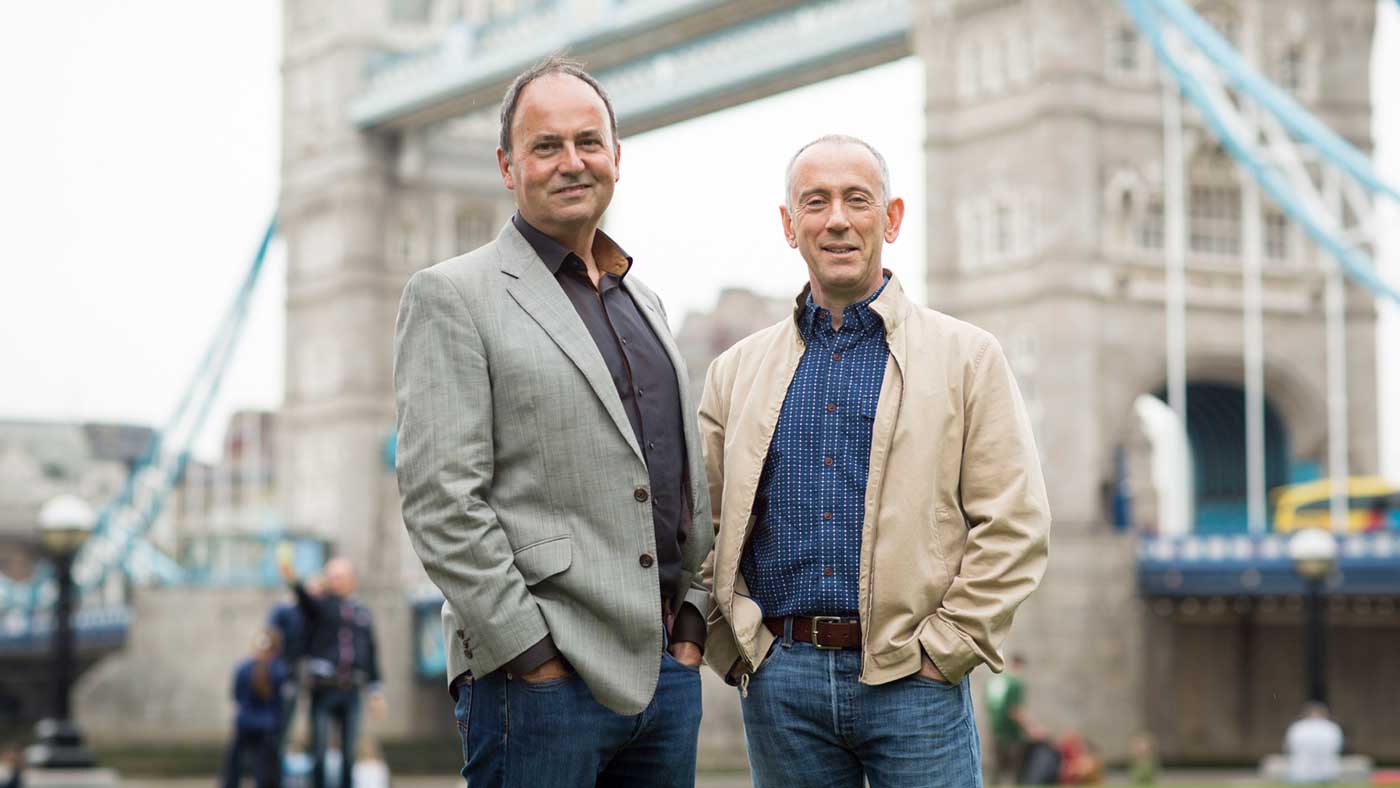
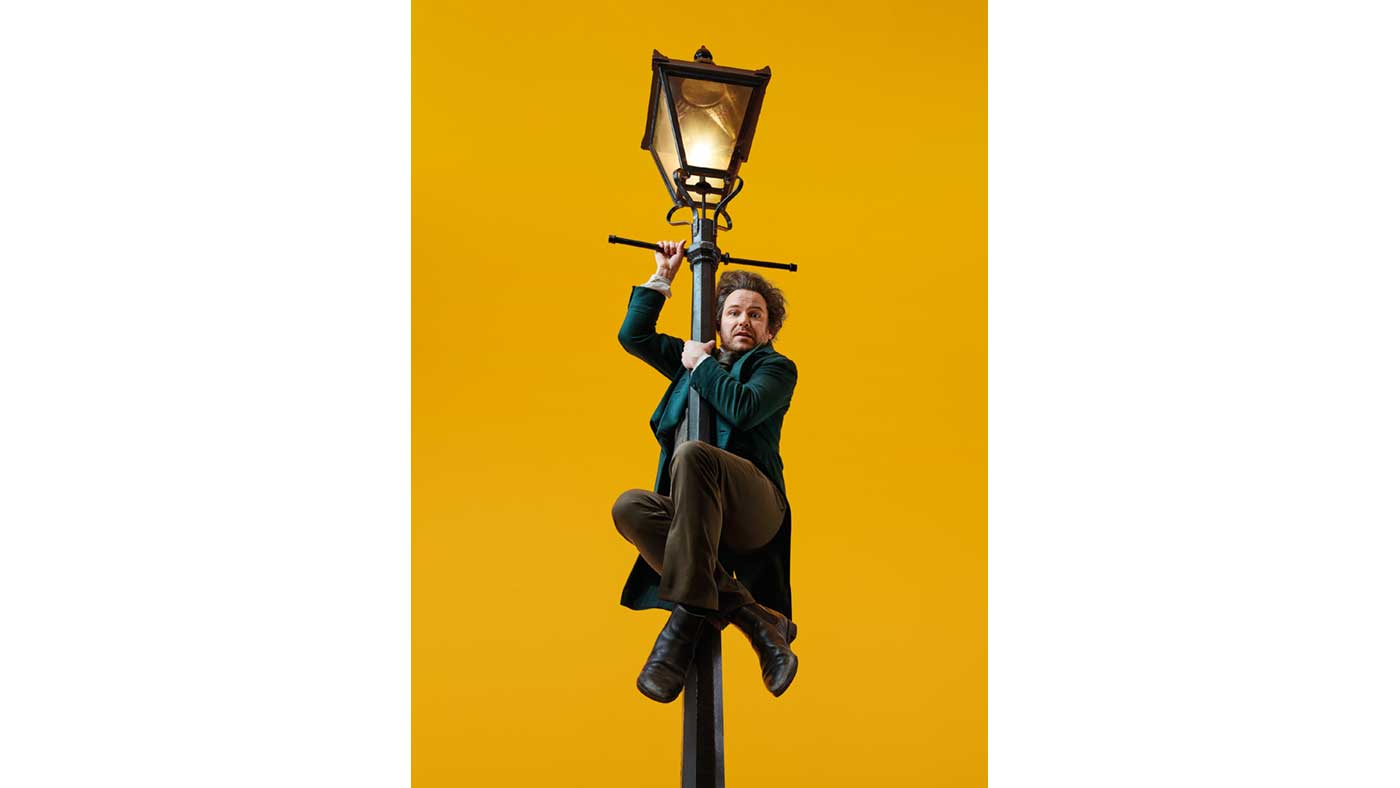
I ran the National Theatre with Nicholas Hytner for 12 years, he as artistic director and I as executive director, and we thought it would be interesting to bring what we had learned there to the commercial theatre space. At the National we were responsible for productions such as War Horse and The Curious Incident of the Dog in the Night Time, and had taken a real pleasure in broadening the work outside of the National Theatre – taking it into the West End and onto Broadway ourselves – so we had gained quite a lot of experience in how commercial theatre works.
We were struck by the rising popularity of theatre – audiences in London have increased by 25 per cent since 2000 – and so we decided it could be viable to start a new company, one that was particularly focused on new plays, and occasionally new musicals; but we’d have to find new spaces for it because West End theatres are in short supply. We also realised that if we started from scratch we could build theatres that have more flexibility than the Victorian and Edwardian theatres of the West End, beautiful though most of them are. So we founded the London Theatre Company and set about finding a home for our new initiative.
We teamed up with the architect Steve Tompkins of Haworth Tompkins, who won the 2014 Stirling Prize for the Everyman Theatre in Liverpool. I have worked with him on numerous projects over the past 18 years, and some years ago we started talking about what a new commercial theatre should be like. At the end of 2014, just after I’d left the National Theatre and we were searching in earnest for a location, Steve and his colleague Roger Watts began to explore what an ideal auditorium would be like, what the relationship between the actors and audience should feel like, and how best to arrange the seating to achieve comfort, proximity and a range of ticket prices. And then, just as they began the study, Katrina Gilroy (our technical producer) and I were shown One Tower Bridge.
The Week
Escape your echo chamber. Get the facts behind the news, plus analysis from multiple perspectives.

Sign up for The Week's Free Newsletters
From our morning news briefing to a weekly Good News Newsletter, get the best of The Week delivered directly to your inbox.
From our morning news briefing to a weekly Good News Newsletter, get the best of The Week delivered directly to your inbox.
We couldn’t believe what was there – a space like an aircraft hanger sunk into the ground in the middle of the residential development, with an entrance from Potters Field Park and the room for a spacious foyer overlooking the River Thames. It had been intended for cultural use, although not specifically for a theatre, and it suited our purposes wonderfully well.
Our initial business plan for our new enterprise had started by simply saying: ‘Wouldn’t it be great if it was really enjoyable to go to the theatre.' If not just the show on stage was great, but the whole experience from walking through the door – the drink was good, the seat was comfortable, the service was excellent and the number of bathrooms was sufficient so you didn’t have to queue up in the interval. In the past couple of decades there has been such a revolution in the service and experience we expect from the retail and leisure industries, so why not the theatre too? With The Bridge, we’ve had the opportunity to consider the whole experience of going to the theatre from the audience member’s perspective. Then we took that mindset backstage and thought about what we wanted to create for the actors, directors and designers. We worked up the ideas for The Bridge with all this in mind.

The auditorium has been made in precision-engineered steel, painted a deep chocolate brown with oak finishes. The seats are rust-coloured with leather trimmings and their angle can be adjusted to give the best view of the stage. We wanted the auditorium to feel urbane and warm, the modern-day equivalent of red velvet, plasterwork and cherubs if you like.
We also made the decision not to have a fixed stage and seating, so the auditorium is wonderfully adaptable. Our opening show Young Marx is in the conventional end-on format, but for the second, Julius Caesar, we’re flooring over the auditorium and creating a big promenade space with seating in galleries all the way round. And for the third, Nightfall, the audience will sit around a stage which thrusts out into the auditorium. We’ve achieved this adaptability by partnering with Stage Technologies, a UK company, and their US parent, Tait. They’ve built the auditorium, which is the first of its kind, and have supplied the staging, which is beautifully engineered and goes up and down very quickly.
A free daily email with the biggest news stories of the day – and the best features from TheWeek.com
But the most important thing was to create an experience where a large number of people are all in the same room and feel that they are breathing together, so you get the proximity and the electricity but also have comfort, decent leg room and a good view of the stage. And then, from the actors’ point of view, you want them to be able to have every member of the audience easily in his or her eye line. So the room has to have sufficient scale to be able to hold 900 people, but also be intimate enough that the actor can speak close to their natural voice. When people see the space, they are really delighted by how beautiful it is and how intimate it feels.
Theatre is particularly good at stimulating empathy; there is something primal and enjoyable about sharing a live experience with others in the same space. The more online our lives, the more people seem to want to come together for the shared experience. I think that must be the underpinning reason for the rise in popularity of live entertainment over the last 15 years. It harks back to something primitive, I suspect; a basic delight in storytelling. A show can be highly technological, or decidedly low-tech, it really doesn’t matter. Actors in a room, telling a story to a group of people who are witnessing it – I don’t think its appeal will ever leave us.
Young Marx, the debut production at the Bridge Theatre, runs from 18 October to 31 December; bridgetheatre.co.uk
-
 Corruption: The spy sheikh and the president
Corruption: The spy sheikh and the presidentFeature Trump is at the center of another scandal
-
 Putin’s shadow war
Putin’s shadow warFeature The Kremlin is waging a campaign of sabotage and subversion against Ukraine’s allies in the West
-
 Media: Why did Bezos gut ‘The Washington Post’?
Media: Why did Bezos gut ‘The Washington Post’?Feature Possibilities include to curry favor with Trump or to try to end financial losses
-
 Friendship: 'bromance' comedy starring Paul Rudd and Tim Robinson
Friendship: 'bromance' comedy starring Paul Rudd and Tim RobinsonThe Week Recommends 'Lampooning and embracing' middle-aged male loneliness, this film is 'enjoyable and funny'
-
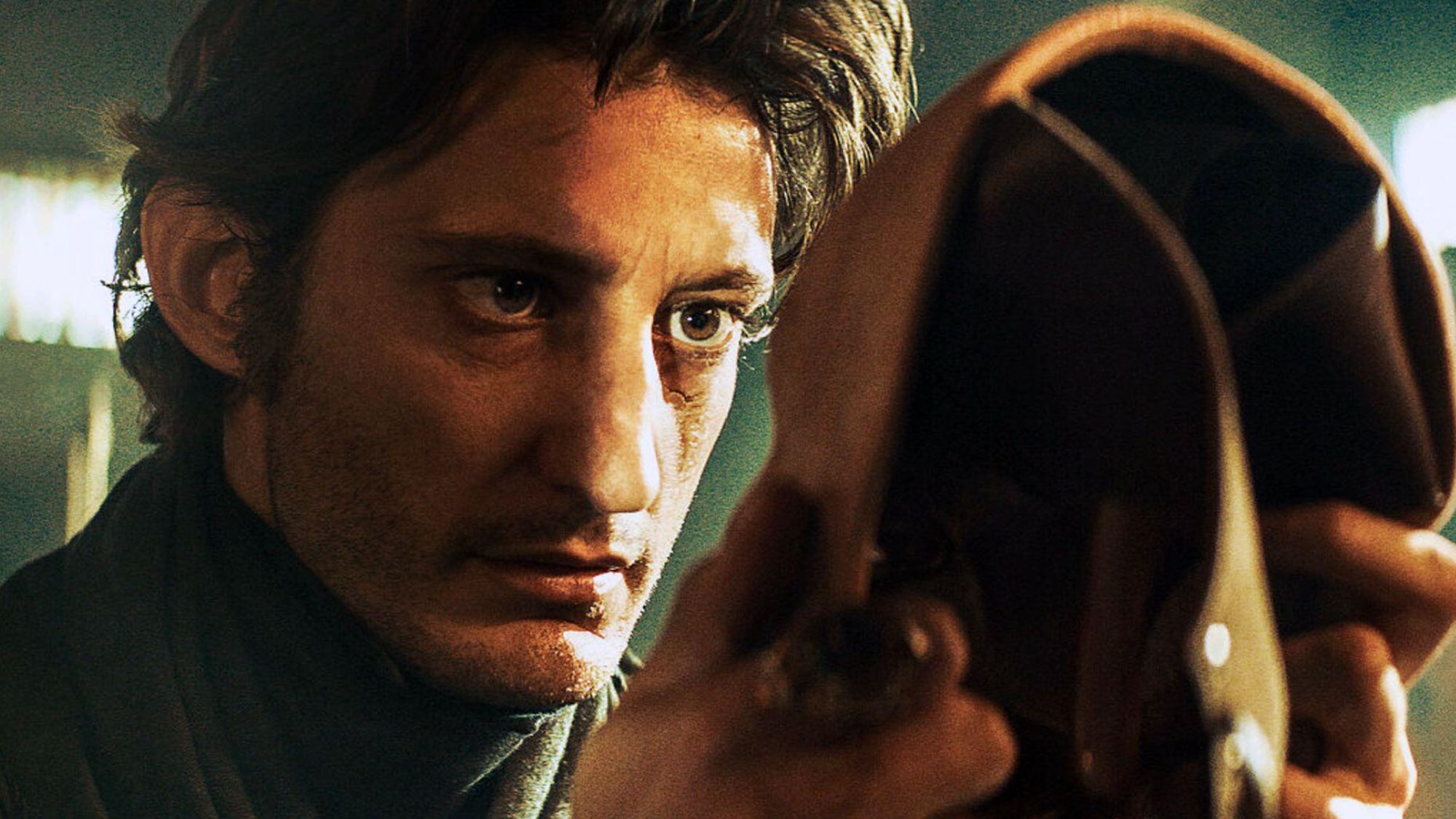 The Count of Monte Cristo review: 'indecently spectacular' adaptation
The Count of Monte Cristo review: 'indecently spectacular' adaptationThe Week Recommends Dumas's classic 19th-century novel is once again given new life in this 'fast-moving' film
-
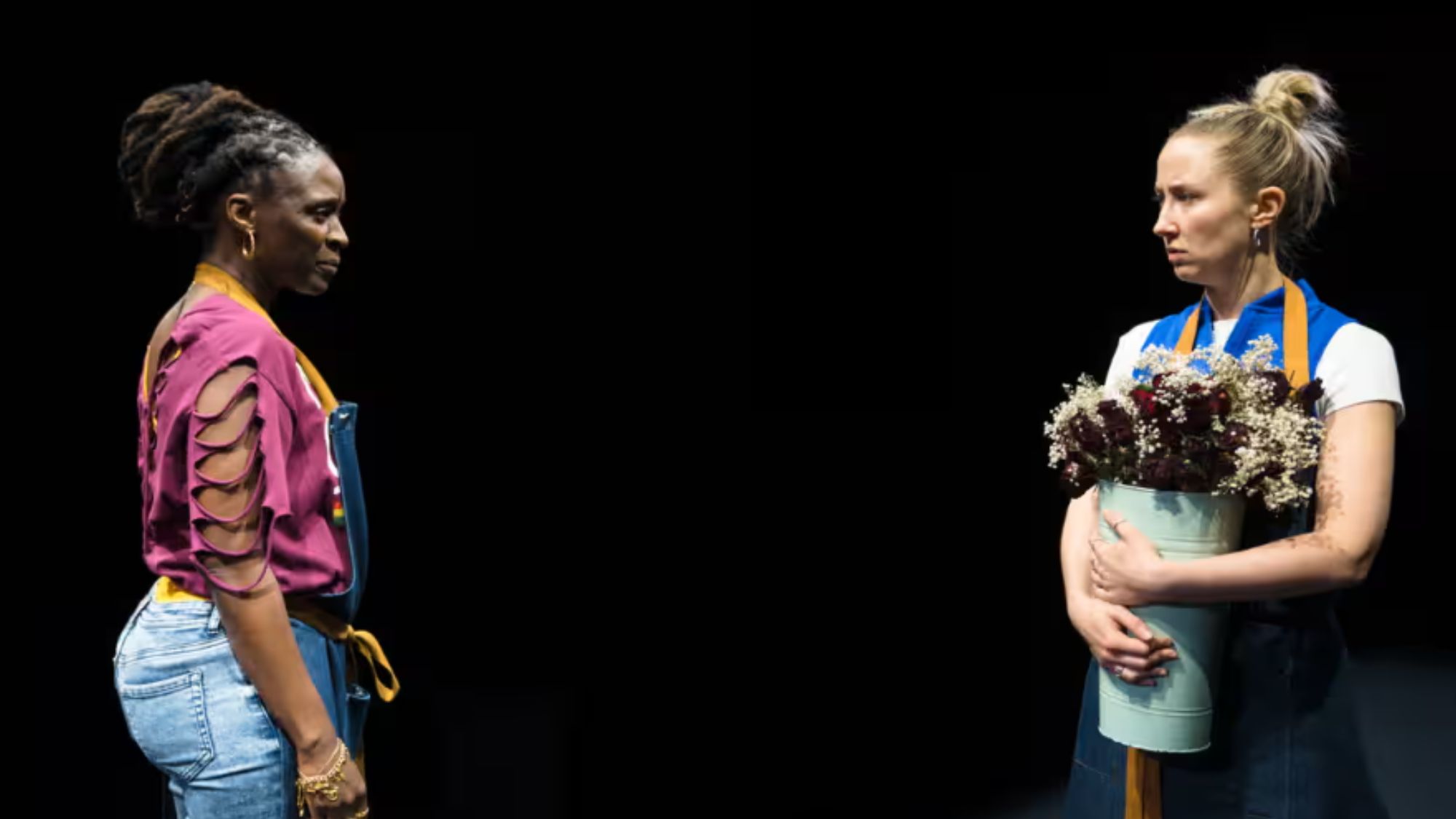 Death of England: Closing Time review – 'bold, brash reflection on racism'
Death of England: Closing Time review – 'bold, brash reflection on racism'The Week Recommends The final part of this trilogy deftly explores rising political tensions across the country
-
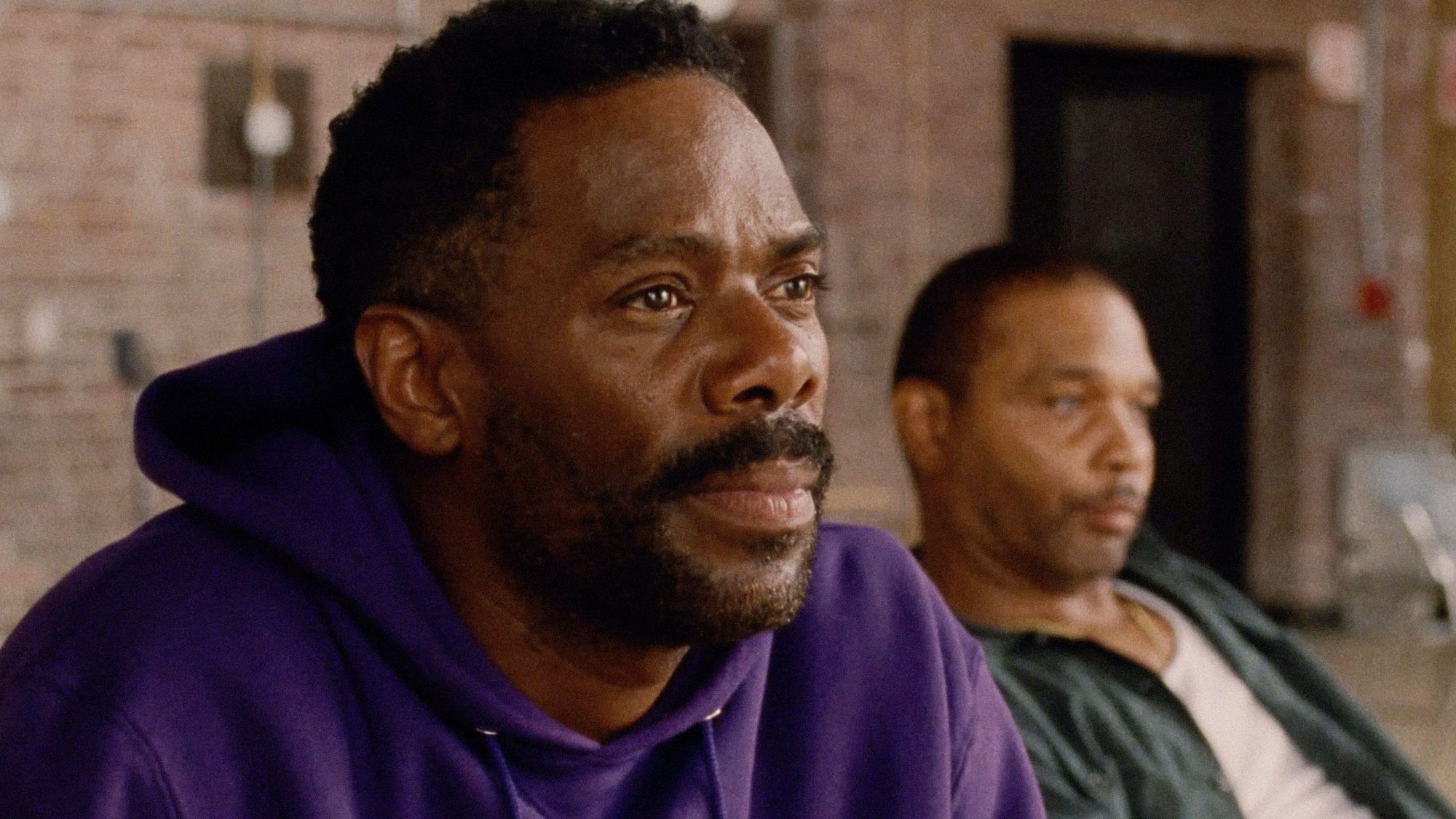 Sing Sing review: prison drama bursts with 'charm, energy and optimism'
Sing Sing review: prison drama bursts with 'charm, energy and optimism'The Week Recommends Colman Domingo plays a real-life prisoner in a performance likely to be an Oscars shoo-in
-
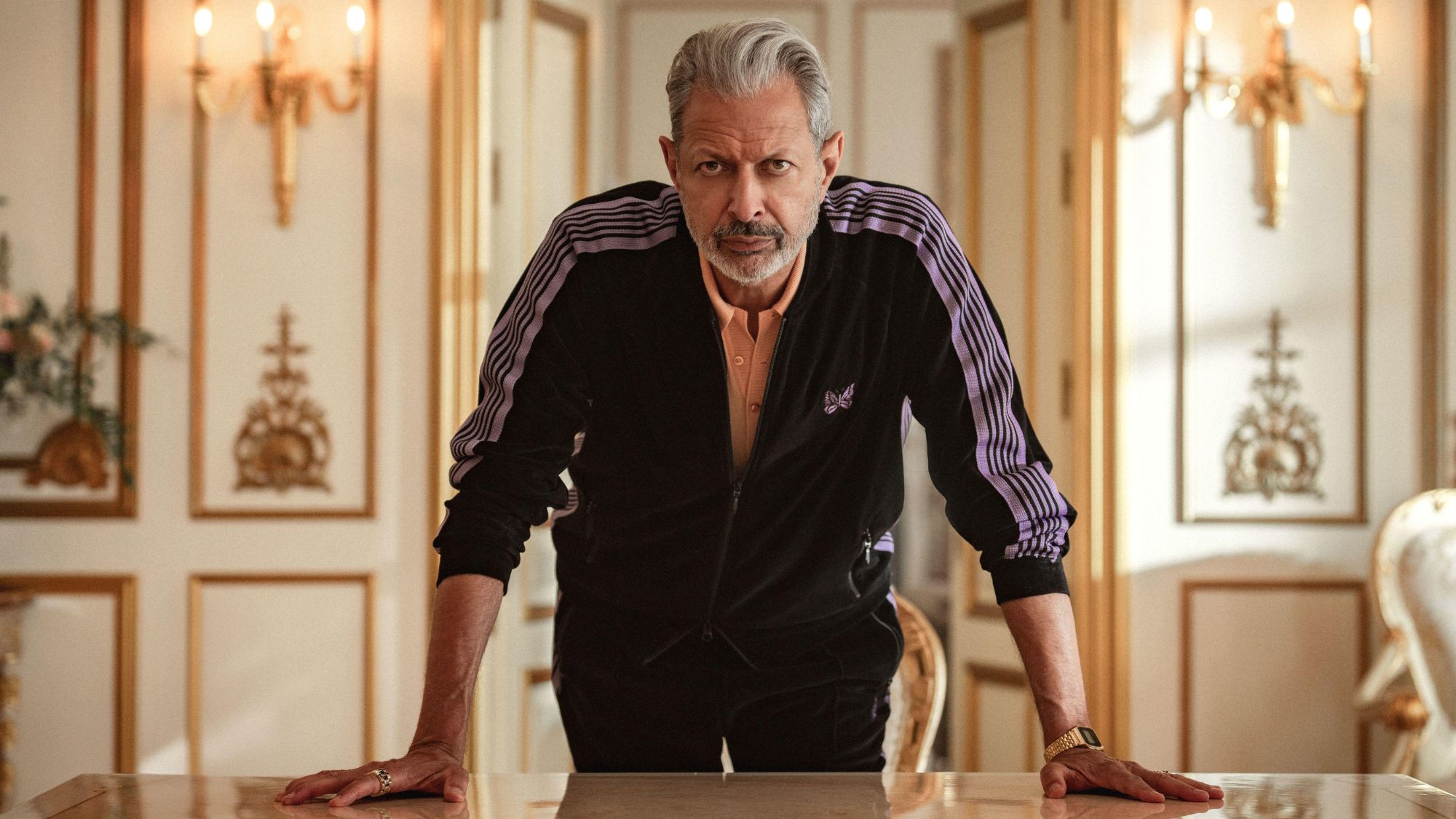 Kaos review: comic retelling of Greek mythology starring Jeff Goldblum
Kaos review: comic retelling of Greek mythology starring Jeff GoldblumThe Week Recommends The new series captures audiences as it 'never takes itself too seriously'
-
 Blink Twice review: a 'stylish and savage' black comedy thriller
Blink Twice review: a 'stylish and savage' black comedy thrillerThe Week Recommends Channing Tatum and Naomi Ackie stun in this film on the hedonistic rich directed by Zoë Kravitz
-
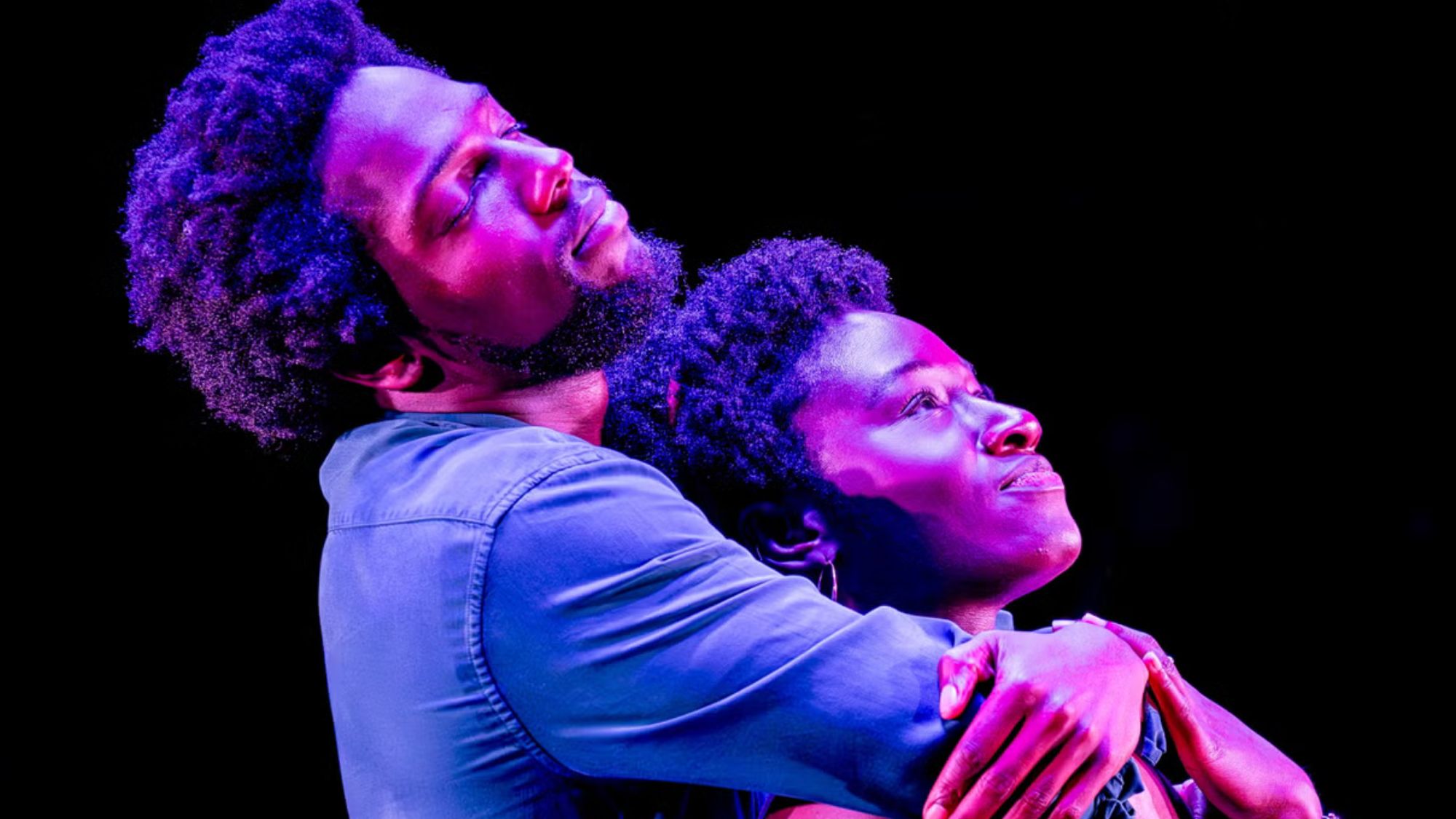 Shifters review: 'beautiful' new romantic comedy offers 'bittersweet tenderness'
Shifters review: 'beautiful' new romantic comedy offers 'bittersweet tenderness'The Week Recommends The 'inventive, emotionally astute writing' leaves audiences gripped throughout
-
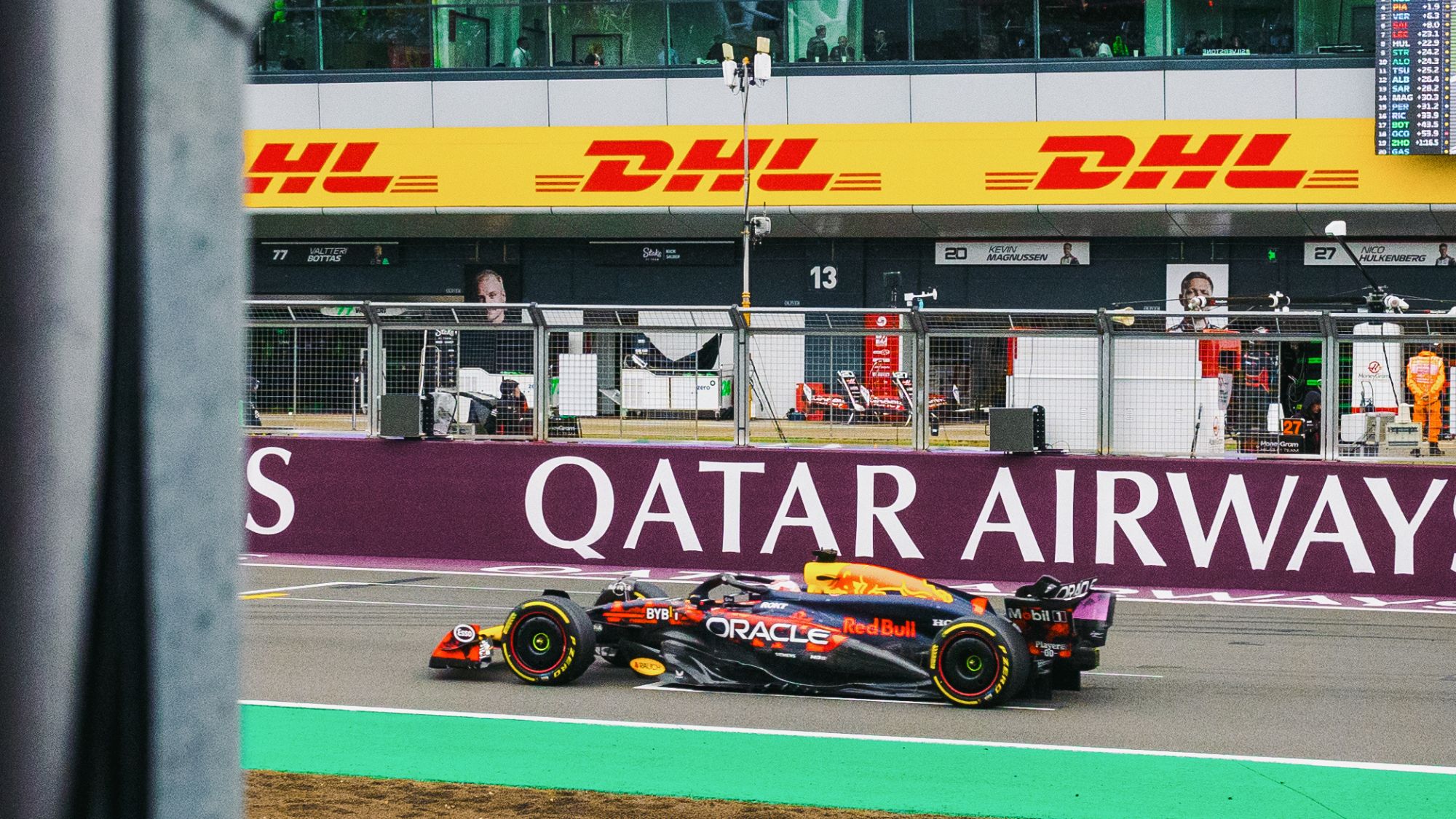 How to do F1: British Grand Prix 2025
How to do F1: British Grand Prix 2025The Week Recommends One of the biggest events of the motorsports calendar is back and better than ever